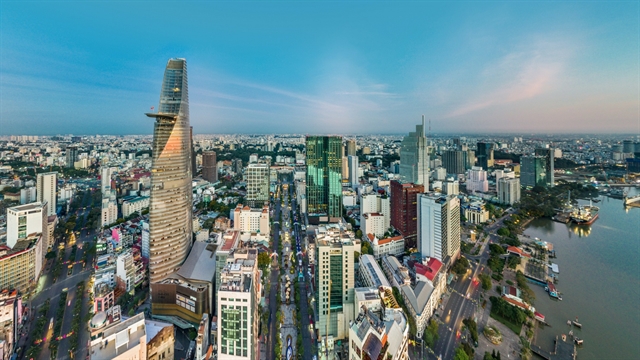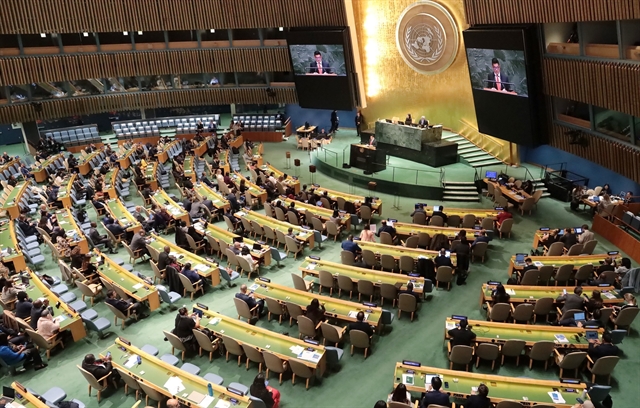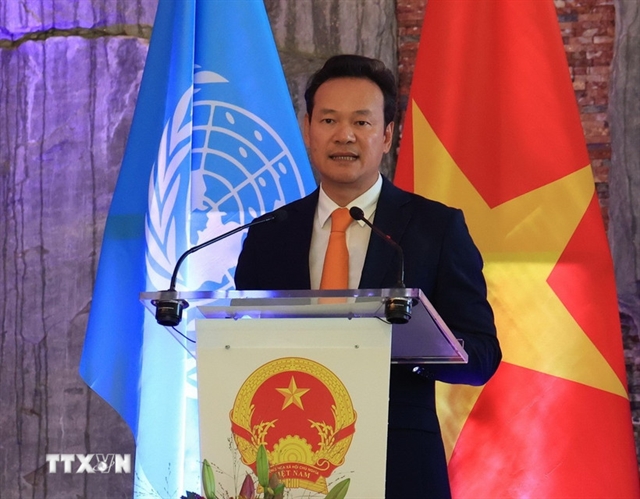 Op-Ed
Op-Ed
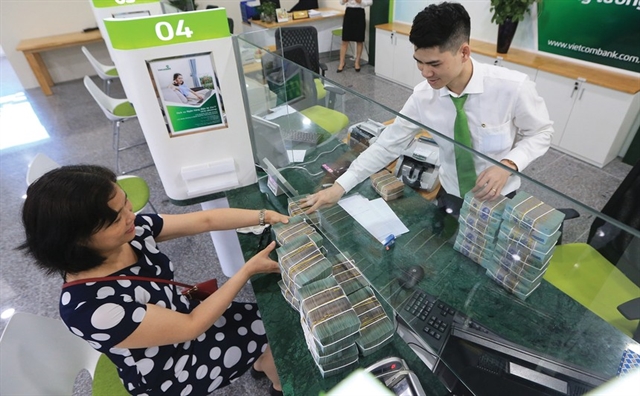
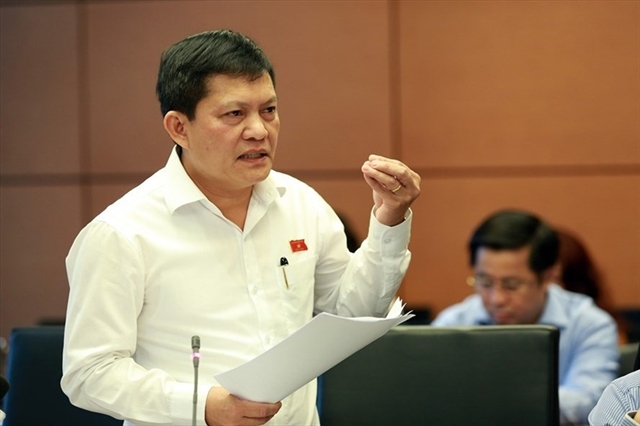
|
| Phạm Phú Quốc at a meeting of the National Assembly. — Photo: laodong.com.vn |
by Thu Vân
A foreign friend of mine likes to tell a story about how his infant son acquired foreign citizenship. The mother being Vietnamese, the parents went to the Vietnamese embassy to get their child a Vietnamese passport. A friendly official there said: “No problem, just go to the embassy of your (the father’s) country and get a letter saying you have not applied for citizenship of that country for your son.”
The parents duly went to the other embassy to get that letter, but ended up getting a 20-year passport for that country in less than an hour.
The important part of that story is that the Vietnamese embassy’s request was simple and straightforward, because Việt Nam does not allow dual citizenship. Period.
Has that changed? We are being told it has, in effect; or at least, that we have to make allowances for some people who are apparently more privileged than the “common person”.
In May 2017, National Assembly Deputy Phạm Phú Quốc spoke in parliament about his concern over public debt and the burden it places on Vietnamese citizens.
He said the per capita income of a Vietnamese person was US$2,110 while the public debt per capita was $1,300. This was, he rightly argued, too much.
The following year, Quốc secretly obtained another nationality, that of Cyprus, allegedly paying $2.5 million for it.
This would have remained a secret until today if not for a report by news channel Al Jazeera's Investigative Unit called The Cyprus Papers, which said dozens of high-level officials and their families had bought the so-called "golden passports" from Cyprus between late 2017 and late 2019. Among these were Quốc, his wife and his son.
Two days after the dual nationality disclosure, Quốc has tendered his resignation from the National Assembly and also stepped down as director general of the state-owned Tân Thuận Industrial Promotion Company (IPC).
He admitted to the press that he had acquired Cypriot citizenship in 2018, but denied he had bought it, saying he’d got it because of "his family's petition”.
Did his family spring a surprise on him and get the Cypriot nationality that would enable them to become EU nationals and travel visa free to close to 200 countries?
Going back to Quốc’s touching concern about public debt, let’s do some basic maths. Get your calculators out. If the average annual earning of a Vietnamese citizen is $2,100, how long would it take for him/her to amass $2.5 million? A rough answer: more than a millennium, i.e., close to 1120 years!
Clearly, Quốc is not your average Vietnamese citizen in terms of income. But does a lot of wealth make you an above-average citizen legally?
Yes. This is the message the public is getting.
Phan Nguyễn Như Khuê, deputy head of the NA delegation in HCM City and head of the city's Party Committee for Publicity and Education, told local media: “We should respect Quốc’s confession that the Cypriot nationality was acquired because of his family’s petition, instead of inferring and taking an unnecessary long step to find out where that money came from."
It appears that investigating disproportionate income has become “an unnecessary long step” now.
In other official reactions, Hà Phước Thắng, head of the office of HCM City People's Committee and its spokesman, said the fact Quốc had held Cypriot nationality from February 2018 but did not declare it at that time was an act that “was dishonest and failed to comply with Party regulations”.
As a member of the Communist Party, Quốc is set to be punished by the HCM City Party Committee this month, but we, the common citizens, are left wondering how far the investigation into this case will go, given the moderate official responses so far.
Isn’t it supposed to be the other way around? Shouldn't people in public office, especially high office, like a lawmaker, be held to higher standards of scrutiny?
In fact, Quốc is not the first Vietnamese legislator to obtain a foreign passport. In 2016, Nguyễn Thi Nguyệt Hường was ousted from the National Assembly after she was found to be holding Maltese citizenship in addition to her Vietnamese citizenship. Back then, it was held that her status was in breach of Việt Nam's Law on Nationality, which prohibits Vietnamese state officials from having dual citizenship.
However, in this instance, media reports have cited officials as saying current NA regulations do not have specific provisions on citizenship, and that a new regulation limiting membership to one nationality will only take effect next year.
Such feeble awareness of the legal and political nature of Vietnamese citizenship among officialdom is not just questionable, it is unacceptable.
We can debate the issue of a person being allowed to add a second citizenship without losing Vietnamese nationality, but is this particular instance the occasion to do that?
The laws on organisation of the apparatus and elections all stipulate that the first condition for one to be eligible to hold a position in the system is that he or she must be Vietnamese. That means that if you are a member of the State system, you are not allowed to have another nationality.
Similar principles are applied the world over. A representative of the Ministry of Justice said that the ministry receives many requests from Vietnamese citizens in foreign countries applying for renunciation of their Vietnamese nationality in order to qualify to work for state agencies in their host countries.
So isn’t it fair that once you’re an official representative of the people of Việt Nam, you must be a Vietnamese citizen solely?
Khuê, deputy head of the NA delegation of HCM City, went on to say that his dual nationality should not be a reason to negate all the efforts and contributions that Quốc had made as a national legislator and in previous positions he held.
When we have people at the helm of the country clearly proclaim that the anti-corruption campaign will spare no person, no matter how high their office, how are lower level officials trying to make excuses and downplaying the action of an active legislator allegedly spending millions of dollars to secretly acquire foreign citizenship, even implying that looking into how such wealth was obtained was “unnecessary”?
People who voted for Quốc to be their representative in the nation’s parliament have the right to know where he got the money to buy Cypriot passports for himself and his family.
The least action that should be taken now is to launch a transparent investigation into the origins of the money so that it is made clear that no corruption or other wrongdoing was committed.
Otherwise, where are we headed if lawmakers make excuses for a lawmaker breaking the law? — VNS

